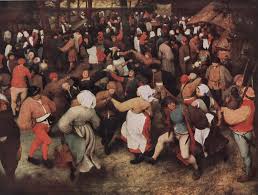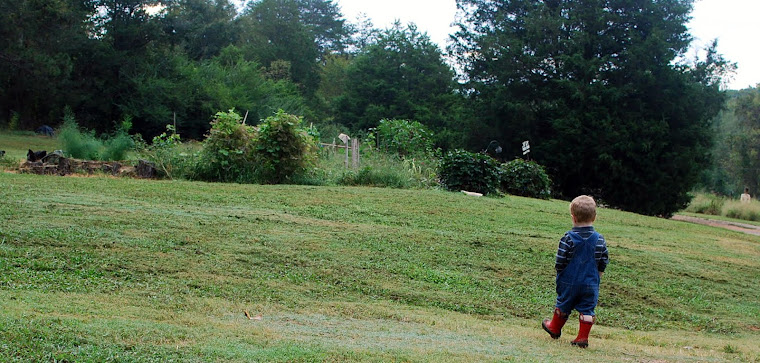
“It is easy to understand that
workman would be profoundly merry at heart [in Merrie England], when they had
the consciousness of accomplishing such good work.
Men must have almost tardily quitted their labor in the
evening while they hoped and strove to accomplish something that would be
worthy of the magnificent building in which so many of their fellow workman
were achieving triumphs of handcraftsmanship.
Each went home to rest for the night, but also to dream over
what he might be able to do and awoke in the morning with the though that
possibly to-day would see some noteworthy result.
This represents the ideal of the workman’s life.
He has an interest quite apart from the
mere making of money.
The picture
of the modern workman by contrast looks vain and sordid.
The vast majority of our workmen labor
merely because they must make enough money to-day, in order that they may be
able to buy food enough so as to get strength for work to-morrow.
Of interest there is very little.
Day after day there is the task of
providing for self and others.
Only this and nothing more.
Is it any wonder that there should be social unrest and discontentment?
How can workmen be merry unless with
the artificial stimulus of strong drink, when there is nothing for them to look
forward to except days and weeks and years of labor succeeding one another
remorselessly, and with not surcease until Nature puts in her effective demand
for rest, or the inevitable comes.” - From
The Thirteenth: Greatest of Centuries by James J. Walsh


Beautiful. I want to read this book now.
ReplyDeleteI have read every post up till this point sir, and am greatly enjoying your blog. This suburban cubicle monkey is pining for the fields.